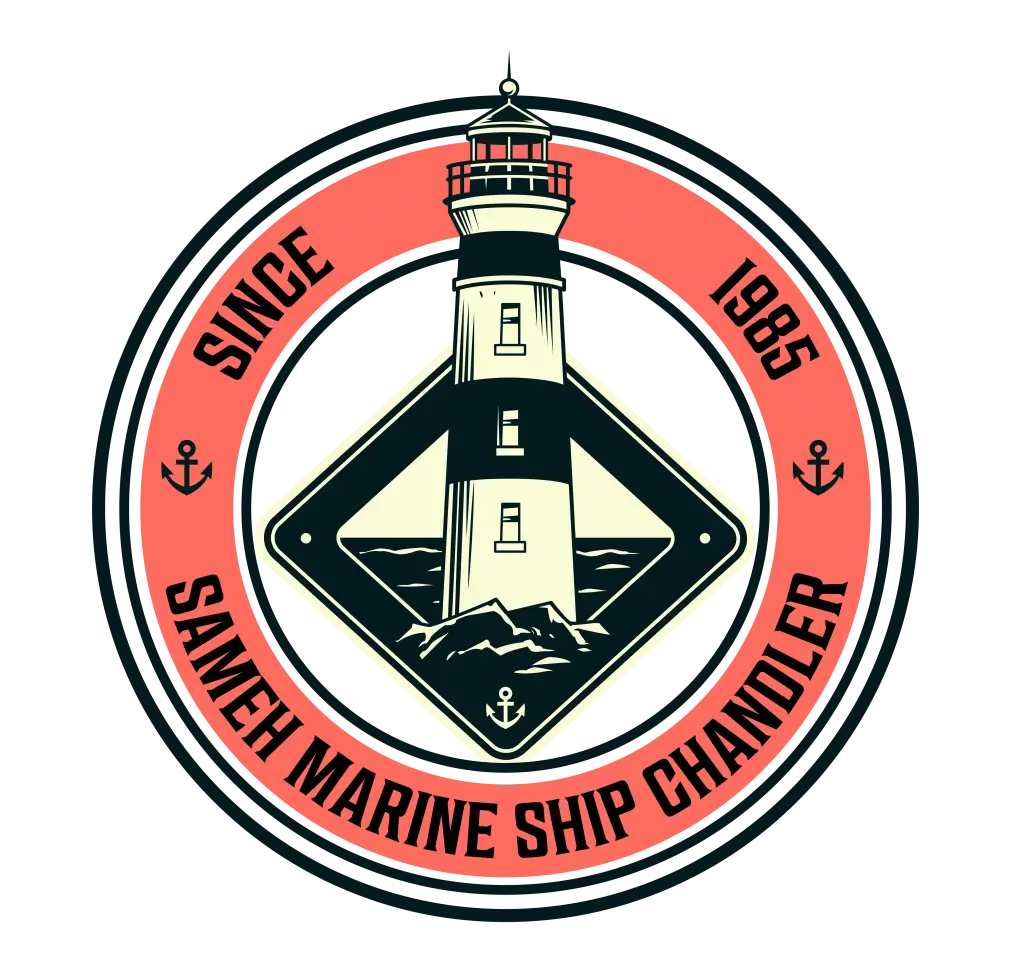Introduction to Eco-Friendly Shipping
In today’s interconnected world, eco-friendly shipping has MARPOL compliant waste disposal for ships Suez Canalrged as a critical component of sustainable maritime practices. As the global shipping industry continues to expand, the need for environmentally responsible solutions becomes increasingly imperative. Central to this effort is MARPOL compliance, which sets stringent standards for pollution prevention from ships. In this article, we explore the complexity of MARPOL compliant waste disposal for ships in the Suez Canal, explore bilge water treatment systems for sale, ullage disposal services for ships, environmental consultancy for maritime operations, and the usage of industrial cleaning chemicals for ships in the Suez Canal.
Understanding MARPOL Compliance
MARPOL, short for the International Convention for the Prevention of Pollution from Ships, is a landmark treaty designed to safeguard the marine environment from harmful pollutants. Enveloping six annexes, MARPOL addresses a wide array of marine pollution concerns, including oil spills, sewage discharges, and air emissions. Compliance with MARPOL regulations is not only a legal contract but also a moral imperative for preserving our oceans for future generations.
Suez Canal: Gateway of Global Trade
The Suez Canal stands as a testament to human ability and serves as a vital avenue of global trade. Connecting the Mediterranean Sea to the Red Sea, the Suez Canal facilitates the passage of millions of tons of cargo annually, significantly reducing transit times, and shipping costs, and enhancing trade solution services in Egypt. However, the environmental impact of this bustling waterway cannot be understated. The accumulation of waste and pollutants poses a formidable challenge to the ecological integrity of the canal and surrounding ecosystems.
Waste Disposal in the Suez Canal
Waste disposal in the Suez Canal region presents a complex and multifaceted issue. From bilge water to solid waste, the sheer volume of pollutants generated by maritime activities necessitates robust waste management strategies. MARPOL compliant waste disposal for ships in the Suez Canal requires constancy to strict guidelines and the utilization of advanced technologies, including bilge water treatment systems for sale. Additionally, ullage disposal services for ships Suez Canal play a crucial role in ensuring the safe and responsible handling of onboard waste materials.
Eco-Friendly Initiatives in Shipping
In response to growing environmental concerns, the shipping industry has loaded on a transformative journey towards sustainability. From alternative fuels to energy-efficient propulsion systems, innovative solutions are driving the transition towards eco-friendly shipping practices. Environmental consultancy for maritime operations offers valuable insights and guidance to shipowners seeking to handling the complexities of regulatory compliance and environmental stewardship. Moreover, the availability of industrial cleaning chemicals for ships Suez Canal facilitates the maintenance of clean and sanitary onboard environments while minimizing ecological impact.
Compliance with MARPOL Regulations
Achieving MARPOL compliance requires a concerted effort from all stakeholders within the maritime sector. Ship operators must implement comprehensive pollution prevention measures, including the installation of effective oil-water separators and the proper disposal of hazardous substances. Regulatory bodies play a pivotal role in enforcing MARPOL regulations and holding non-compliant parties accountable for their actions. By fostering a culture of environmental responsibility and adherence to best practices, including ullage services for ships, the shipping industry can contribute to a cleaner and healthier marine environment.
Challenges and Opportunities
Despite the progress made in advancing eco-friendly shipping practices, significant challenges remain on the horizon. Economic constraints, technological limitations, and regulatory complexities present formidable obstacles to widespread adoption. However, these challenges also serve as catalysts for innovation and collaboration. By touching sustainability as a core value and abusing the expertise of environmental consultants, shipowners can turn challenges into opportunities for positive change.
Case Studies and Success Stories
Numerous companies and organizations have been familiar with the principles of eco-friendly shipping with remarkable success. From pioneering zero-emission vessels to implementing comprehensive waste management programs, these industry leaders serve as beacons of inspiration for others to follow. By sharing their experiences and lessons learned about Industrial Cleaning Chemicals for Ships, they contribute to a collective knowledge base that informs and empowers future generations of maritime professionals.
Future Trends and Outlook
Looking ahead, the future of eco-friendly shipping appears promising yet uncertain. Rapid advancements in technology hold the promise of cleaner, more efficient maritime operations. However, the pace of regulatory change and geopolitical dynamics may introduce new challenges and uncertainties. By remaining adaptable and proactive in their approach, stakeholders can navigate the evolving landscape of sustainable shipping with confidence and resilience.
Conclusion
In conclusion, MARPOL compliant waste disposal for ships in the Suez Canal represents a critical frontier in the quest for eco-friendly shipping practices. Through adherence to stringent regulations, adoption of innovative technologies, and collaboration across industry sectors, we can chart a course toward a cleaner, more sustainable maritime future. By knowing the principles of environmental stewardship and investing in sustainable marpol solutions, we can preserve the beauty and biodiversity of our oceans for generations to come.
